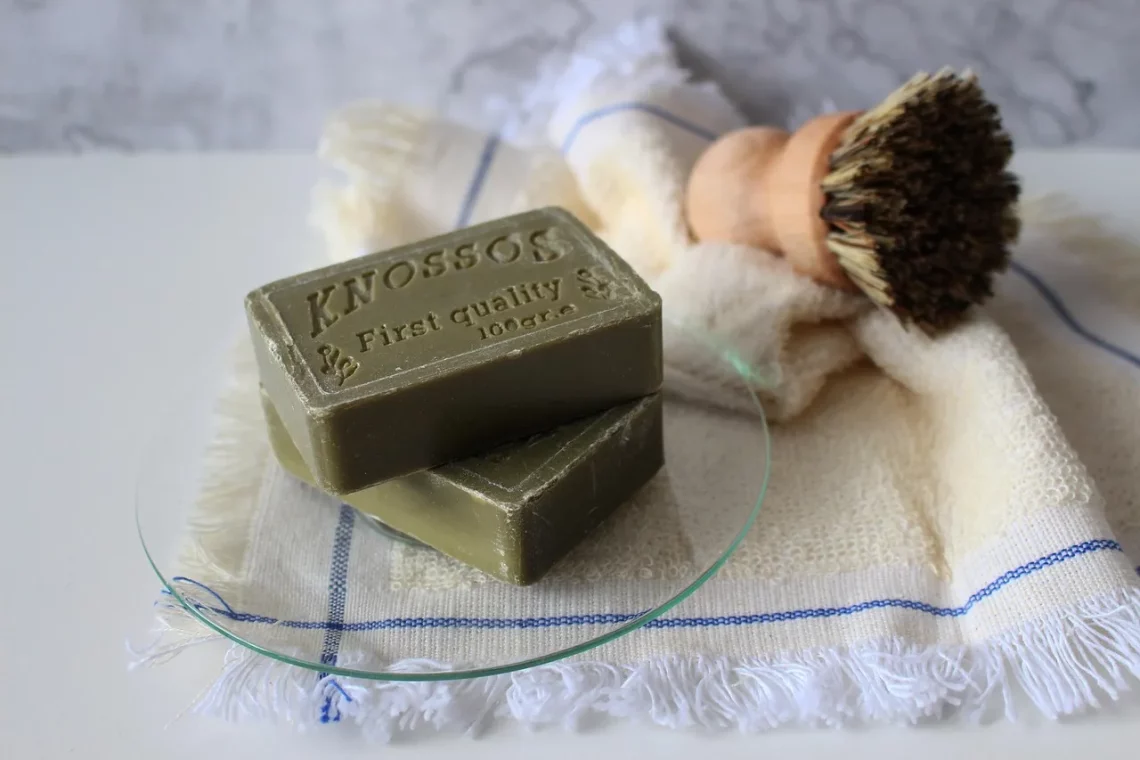
Should You Shave Before or After a Shower for Best Results?
Shaving is a common grooming practice that many individuals incorporate into their daily routines. While it may seem like a straightforward task, the method and timing of shaving can significantly impact the results. This seemingly simple decision—whether to shave before or after a shower—can affect not only the quality of the shave but also the health of the skin. Understanding the nuances of this choice can help in achieving a smoother finish, minimizing irritation, and ensuring comfort during the process.
The skin’s condition plays a vital role in how effectively hair can be removed. Factors such as moisture, temperature, and skin sensitivity can all influence the shaving experience. For some, the act of shaving can lead to nicks, cuts, or razor burn, making it essential to approach the task with care. Additionally, the type of shaving products used, including creams, gels, and aftershaves, can enhance or detract from the overall experience and results.
As we delve deeper into the topic, we will explore the benefits and drawbacks of shaving before and after a shower, examining how each method may affect skin health and shaving efficacy. By considering various factors and personal preferences, individuals can better decide which approach suits them best.
Benefits of Shaving After a Shower
Shaving after a shower is a practice favored by many, and it’s not without good reason. The warm water from the shower serves multiple purposes that can enhance the shaving experience. Firstly, the steam and heat from the water open up the pores of the skin. This relaxation of the pores can make hair removal easier, as the hair shafts may become softer and more pliable.
Moreover, a shower helps to hydrate the skin and hair, which can reduce the chances of irritation during shaving. When the hair is wet, it often becomes easier to cut, allowing for a smoother glide of the razor. This is particularly beneficial for those with coarse or thick hair, as the moisture can soften the hair, making the shaving process less abrasive.
Additionally, shaving after a shower can help reduce the risk of cuts and nicks. When the skin is clean and hydrated, it is generally more resilient against the sharp edge of a razor. This is especially crucial for individuals with sensitive skin, who may find that shaving after a shower leads to fewer adverse reactions compared to shaving on dry skin.
Using shaving cream or gel after a shower can also be advantageous. The products are more effective when applied to damp skin, as they can better penetrate the hair and provide a protective layer between the skin and the razor. This can further minimize friction and enhance the overall comfort of the shave.
Lastly, the post-shower routine can include the application of soothing aftershaves or moisturizers. After shaving, the skin may be slightly more vulnerable, and applying a calming product can help restore moisture and reduce redness or irritation.
In summary, shaving after a shower offers a multitude of benefits, including softer hair, reduced irritation, and a more comfortable shaving experience. However, it is essential to consider individual skin types and personal preferences when deciding on the best approach.
Advantages of Shaving Before a Shower
While many people prefer to shave after a shower, there are also compelling reasons to consider shaving beforehand. Shaving before a shower can be particularly advantageous for those who appreciate a more controlled grooming routine. For instance, shaving in a dry environment can allow individuals to focus solely on the task and avoid distractions that may occur in a wet setting.
One notable benefit of shaving before a shower is the ability to see the hair and skin more clearly. Without the distraction of water and steam, individuals can better gauge the areas that require attention. This clarity can lead to a more precise shave, which is especially important for those who shape facial hair or maintain intricate grooming styles.
Another advantage is that shaving before a shower can help prevent clogging of the razor. When hair is wet, it can stick to the razor blades, leading to a less effective shave. By shaving beforehand, individuals can ensure that the blades remain clean and sharp for optimal performance.
Moreover, shaving before a shower allows for the application of pre-shave oils or creams, which can create a barrier against irritation and help the razor glide smoothly across the skin. These products can be particularly beneficial for those with sensitive skin or prone to razor burns, as they provide additional protection.
After shaving, taking a shower can help cleanse the skin of any residual hair and shaving products. The warm water can also soothe the skin and reduce any potential redness that may occur from the shave. This post-shave ritual can be particularly satisfying, leaving the skin feeling clean and refreshed.
In conclusion, while shaving before a shower may not be the most conventional choice, it offers unique benefits, including enhanced visibility, reduced razor clogging, and the opportunity to apply protective products. Ultimately, the decision should align with personal preferences and grooming habits.
Skin Sensitivity and Shaving Techniques
When considering whether to shave before or after a shower, skin sensitivity plays a crucial role. Each person’s skin reacts differently to shaving, and understanding one’s own skin type can help in choosing the right method.
For those with sensitive skin, shaving after a shower is often recommended. The moisture from the shower can soften the hair and skin, reducing the likelihood of irritation. Additionally, the warm water can help to relax the skin, making it less prone to reactions such as redness or bumps.
However, some individuals with sensitive skin may find that shaving before a shower is more effective for them. This can be due to the ability to apply pre-shave products that cater specifically to their skin’s needs. Using a gentle, hydrating shaving cream or oil before a shower can create a protective layer, helping to minimize friction and irritation.
Regardless of the timing, the technique used during shaving is equally important. Employing a sharp razor and using light, gentle strokes can significantly reduce the risk of cuts and irritation. It’s advisable to shave in the direction of hair growth to minimize trauma to the skin.
Incorporating regular exfoliation into the grooming routine can also be beneficial. Exfoliating the skin before shaving, regardless of when it occurs, can help remove dead skin cells and prevent ingrown hairs. This practice promotes a smoother shave and healthier skin overall.
In summary, skin sensitivity is a key factor when choosing whether to shave before or after a shower. Understanding individual skin needs and employing the right techniques can greatly enhance the shaving experience.
Personal Preferences and Grooming Routines
Ultimately, the decision of whether to shave before or after a shower comes down to personal preference and individual grooming routines. Factors such as lifestyle, skin type, and comfort all play a role in this decision.
For those with busy schedules, shaving after a shower may feel like a more efficient use of time. The warm water not only prepares the skin but also serves as a refreshing start to the day. Alternatively, some individuals may find that they prefer the tranquility of shaving in a dry environment, allowing them to focus solely on the task at hand.
It’s also important to consider the tools and products used for shaving. Some individuals may have a preference for specific razors, foams, or gels that work better with one method over the other. Experimenting with different products can help individuals discover what works best for their skin and hair type.
Taking the time to develop a grooming routine that feels comfortable and effective can lead to a more enjoyable experience. Whether one prefers to shave before or after a shower, the key is to listen to one’s own body and adjust accordingly.
In conclusion, there is no one-size-fits-all answer to the question of whether to shave before or after a shower. Both methods have their advantages, and the best approach is the one that aligns with individual preferences and skin sensitivities.
**Disclaimer: This article is for informational purposes only and should not be considered medical advice. Always consult with a healthcare professional regarding any health concerns or questions.**




